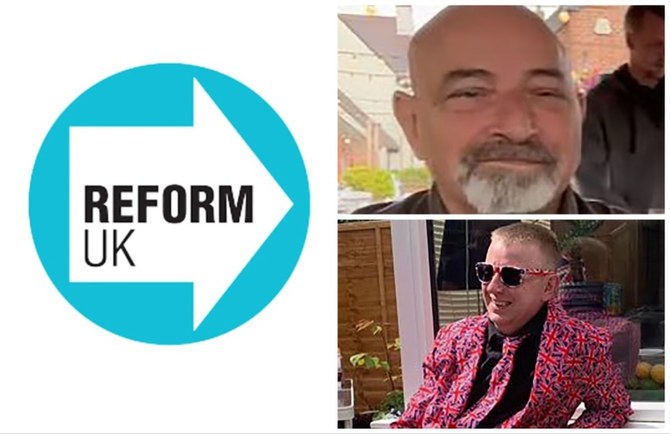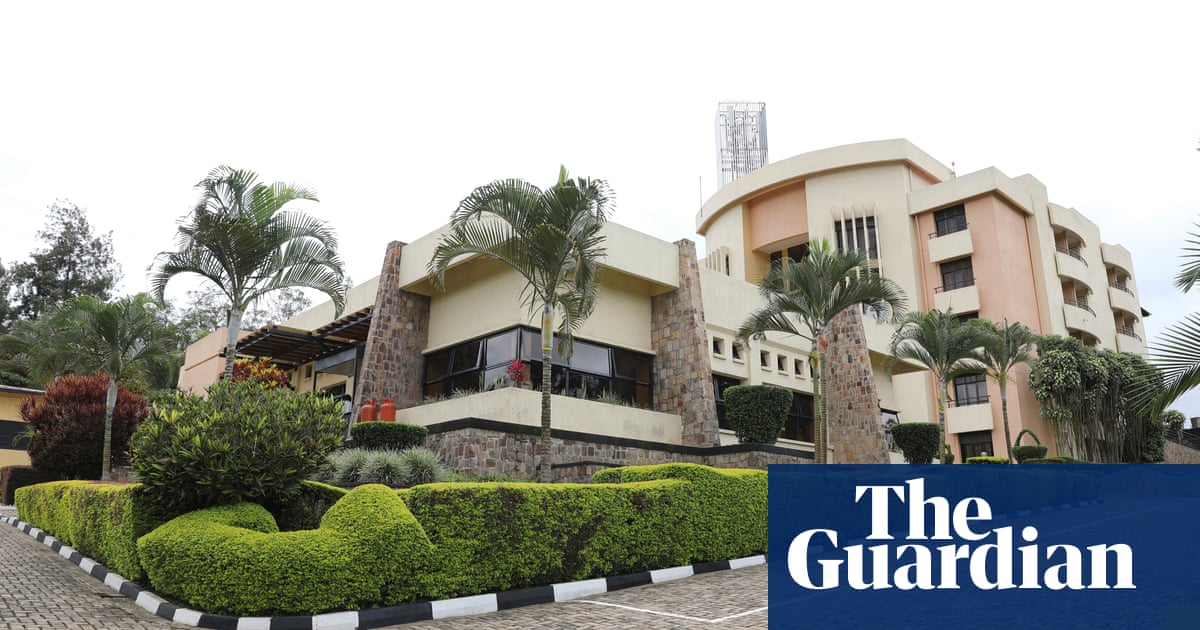
France is in the spotlight in a year filled with significant elections globally. The European Parliament elections in France in early June resulted in a decisive victory for the Jordan Bardella-led National Rally, as the far-right party won 31 percent of the votes. The next day, French President Emmanuel Macron dissolved the National Assembly and announced snap parliamentary elections to curb the French right-wing.
Nearly a month later, the National Rally won a notable 33 percent of the votes in the first round of legislative elections. In the second round, the party and its allies came third, securing only 142 seats, while its centrist and leftist competitors performed better. Nonetheless, given that a quarter of the electorate voted for the National Rally and the party has grown significantly from the 89 seats it won in 2022, a right-wing tilt in French politics is clear.
The National Rally will not form the government this year, but its strong performance indicates that it will have a louder voice in the legislature and may come to power in the next elections. The party has often been accused of making Islamophobic statements. Its policies on minorities, immigrants and the preservation of French identity encourage what leading academic Olivier Roy has called a growing “authoritarian secularism” in France.
Macron himself has also been criticized for such policies, despite his centrist credentials. The modern history of France has been marred by tense relations between the government and ethnic and religious minorities. Its homegrown brand of secularism, or as the French would say, “laicite,” has increasingly been used to curtail the public participation of France’s significant Muslim population.
The National Rally’s strong election performance indicates that it will have a louder voice in the legislature
Zaid M. Belbagi
While France does not incorporate information on religious affiliation in its national census, it is estimated that close to 10 percent of the French population is Muslim. An overwhelming portion of this religious minority is of North African descent, with close to 3 million people having roots in Morocco, Algeria and Tunisia. This segment of the population has faced increasing marginalization in French society, with curbs on religious clothing and expressions of faith, stereotypes in public discourse and, most recently, a brutal crackdown by the authorities on pro-Palestinian protests in the country. Last year, in a forlorn recurrence of 2005, riots broke out in the banlieues of Paris following the death of a French teenager of North African descent in a police shooting. The uproar that followed cost the French economy more than $1 billion of material losses.
A gradual shift to the right in French politics is therefore bound to increase tensions between the government and the French North African community. The National Rally has been worryingly clear about its intention to create a more assertive national identity and citizenship, which will effectively shrink the space for religious minorities in the French social fabric. Its program includes, but is not limited to, restrictions on immigration and asylum, the eradication of Islamist networks from France, reduced external spending to fund domestic tax cuts and more immunity for security forces. The party also seeks to increase scrutiny of dual nationals in applications for sensitive government jobs.
It is worth noting that the majority of immigrants in France hail from Morocco, Algeria and Tunisia. The National Rally has often securitized these communities by alleging their links to militant activity in France.
Bardella’s stated “feeling of becoming a foreigner in one’s own country … (due to) the Islamization of my neighborhood” has in turn led to a political praxis that has made French Muslims foreigners in their own country.
However, contrary to its views on North Africans within France, the National Rally has recognized the importance of economic, diplomatic and security relations between North Africa and France. It argues that French support in counterterrorism and economic development in the region can curb the number of North African migrants heading to France and, according to the party, exerting pressure on French resources.
It is unlikely that the incoming government will significantly improve French ties with North Africa
Zaid M. Belbagi
The National Rally’s views on immigration, counterterrorism and multiculturalism in the domestic sphere will, however, impact its external relations with a region that is forever entwined with France through their historical ties. Further, its advocated cuts on external spending may reduce the flow of French development aid, which is a key pillar of France’s relations with North Africa.
In France, the president is the chief architect of foreign policy and the country’s representative on the international stage. However, the inherent checks and balances in the French parliamentary system mean that parliamentarians also have a voice in shaping France’s foreign policy priorities and budgetary decisions. The anticipated pluralistic legislature implies that there will be a stronger representation of the right-wing in policy debates. While this will be offset by other parties, given that French-North Africa relations have deteriorated under Macron’s centrist leadership, it is unlikely that the incoming government will significantly improve French ties with the region.
This will come at a time when French influence in North Africa is at its lowest ebb, along with strained relations across Francophone Africa. Recent coups d’etats in the Sahel have shared a common anti-French sentiment, with ruling juntas severing military, diplomatic and cultural ties with France and removing French diplomats and troops stationed in the region.
In North Africa, there is a growing preference for English as the language of business and higher education instead of French. The region is also gaining new international partners in the West and the Global South to form an independent international position. Thus, a growing space for the National Rally’s right-wing ideals in French politics now or in the future will further weaken France’s influence and soft power in North Africa.
• Zaid M. Belbagi is a political commentator and an adviser to private clients between London and the Gulf Cooperation Council region.
X: @Moulay_Zaid












